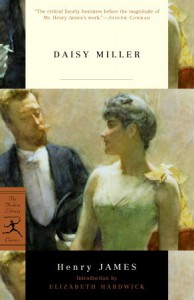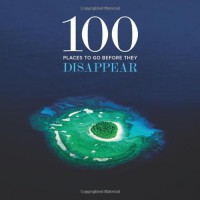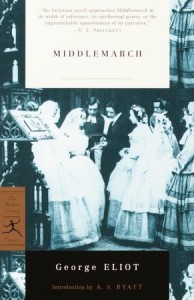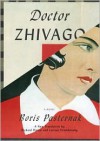
I understand that, for the time period, it was a provocative piece on the differences between American and European values. I also understand that Henry James was an Anglophile and he eventually immigrated to England, so his appreciation of British rigidity and his impatience with American nonchalance are bound to translate into his work. I also understand that my own American background might make this review biased. However, to me, Daisy Miller was distractingly chauvinistic and anti-American. Daisy is a lively, uneducated America from Schenectady who is travelling with her boisterous younger brother and her idiotic mother. In Geneva, she stumbles upon Mr. Winterbourne, a fellow American who witnesses Daisy’s tragic fall from society and exists as Daisy’s character foil for the novel. My first issue is with Daisy. While James mentions several times that Daisy is a victim of circumstance—women during this time period weren’t offered a formal education, and women who weren’t of the upper-class had even less of a chance to get one—he also spurns her for her decisions. Mr. Winterbourne plays hot-and-cold with Daisy from the opening until the end. At first, he finds her innocence and her flirtations refreshing. Then he proclaims she’s an idiot. A few pages later he changes his mind and says that she isn’t stupid, she’s just uneducated. Then he decides that she is stupid, but it’s okay because she’s charming. Then, after seeing her with another man, he makes up his mind that she is no longer a nice girl and she is purposely making a fool of herself. Likewise, Daisy is spurned for going out alone with men, but it is Mr. Winterbourne who first proposes the trip to Chillon. Furthermore, he doesn’t prevent Daisy’s relationship with Mr. Giovanni; instead, he tags along with them. His intervening measures are boosted more from jealousy than genteel worry over her well-being. While Daisy is loud and foolish, her enthusiasm for exploring each city she visits—while her lazy mother and her whiny brother stay indoors with their concierge—comes from this lack of culture. Daisy has never been to Rome, or Geneva, before and she wants to see everything. She is the only one in her family who wants to actually see the continent she’s traveled to, and since she is in such poor company, in order to sightsee she has to go by herself. It’s a little sad, actually. This is just too blatant a moral story. Daisy’s mistake with Giovanni is a sensible point in the plot, but her fall from grace is such a thinly-veiled loose-woman parable that it’s annoying to read. Daisy doesn’t just become a fallen woman, she also dies, taking this sentiment a shade too far. If a woman is loose or in any way strays from societal propriety, she dies? Because, even then, that sentiment doesn’t seem to work; in America, Daisy had several male friends, and it wasn’t considered shameful to walk and sit with them. So, when she encounters a fellow American in Winterbourne, her irritation with his European condescension made sense. Sure, she is foolish, but at least she is honest; Winterbourne, on the other hand, is a hypocrite who can’t make up his mind about his societal identity. Is he European or is he American? He bends so quickly to European societal pressure, is he really the best example of a gentleman?












 1
1


 1
1
 1
1











